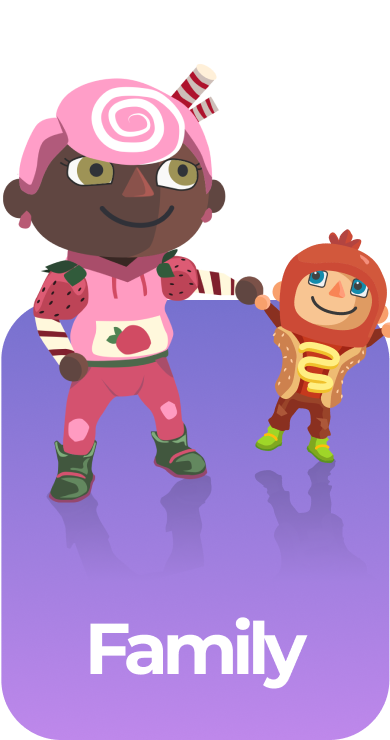Competitive, Predatory, and Mutually Beneficial Interactions Science Games
5 gamesIn this series of games, your students will learn about relationships between species and individuals, and how they affect ecosystems. The Competitive, Predatory, and Mutually Beneficial Interactions learning objective — based on NGSS and state standards delivers improved student engagement and academic performance in your classroom, as demonstrated by research.
Scroll down for a preview of this learning objective’s games and the concepts they drive home.
Concepts Covered
One of the simplest relationships within an ecosystem is a predator/prey relationship. Predators depend on their prey for food, and by eating them, they control the prey species’ population from growing too large for the ecosystem.
Many different types of competitive relationships occur in ecosystems. Intraspecific competition involves members of the same species competing with one another for the same resources. Interspecific competition is when different species compete for similar resources, like when predators pursue the same species of prey.
In direct competition, organisms interact with each other to obtain a resource, like two bighorn sheep fighting over a mate. In indirect competition, they affect each other’s access to resources without actually interacting. For example, lions and hyenas both hunt wildebeest in the same areas, so the more wildebeest one species eats, the less there is for the other.
Noncompetitive relationships between different species are called symbiosis. One type of symbiosis is mutualism, where both species benefit, like bees and flowering plants. Another is parasitism, where one species benefits and the other is harmed, such as head lice and humans. Last is commensalism, where one species benefits and the other is unaffected, like when barnacles attach to whales.
Some symbiotic relationships are necessary for the survival of one or both species. For example, fig wasps depend on fig trees to spawn their eggs, and the trees depend on the wasps for pollination. These are known as obligate relationships, and if one of the species has a drastic population change, it creates a direct effect on the other.
A preview of each game in the learning objective is found below.
You can access all of the games on Legends of Learning for free, forever, with a teacher account. A free teacher account also allows you to create playlists of games and assignments for students and track class progress. Sign up for free today!






